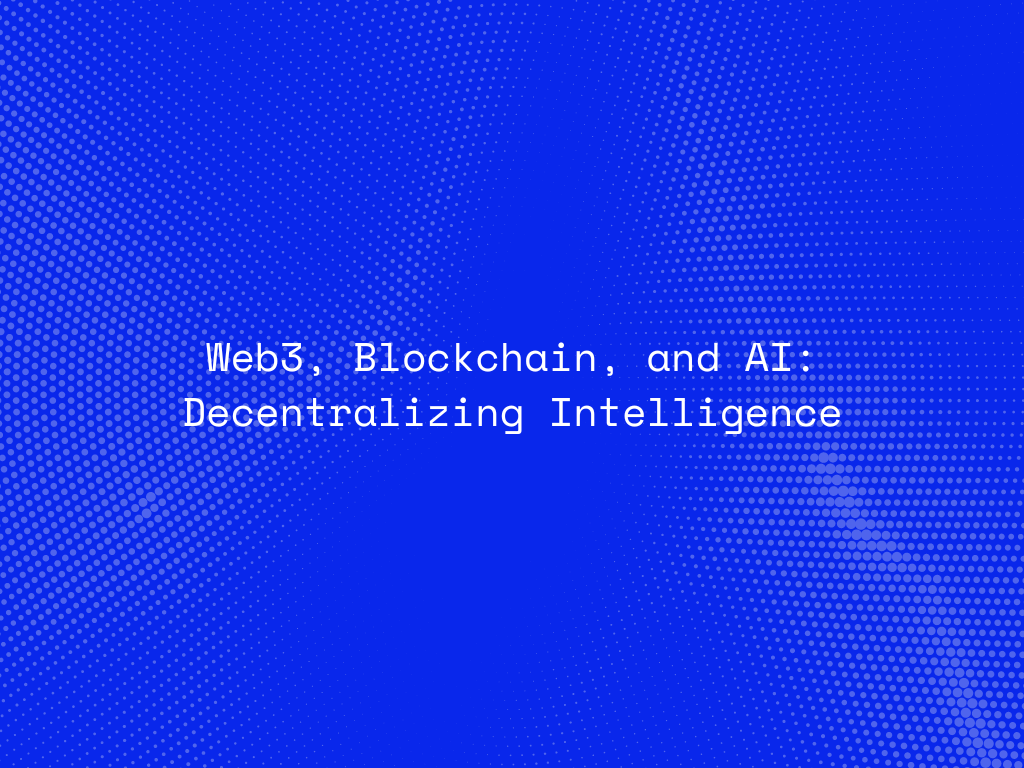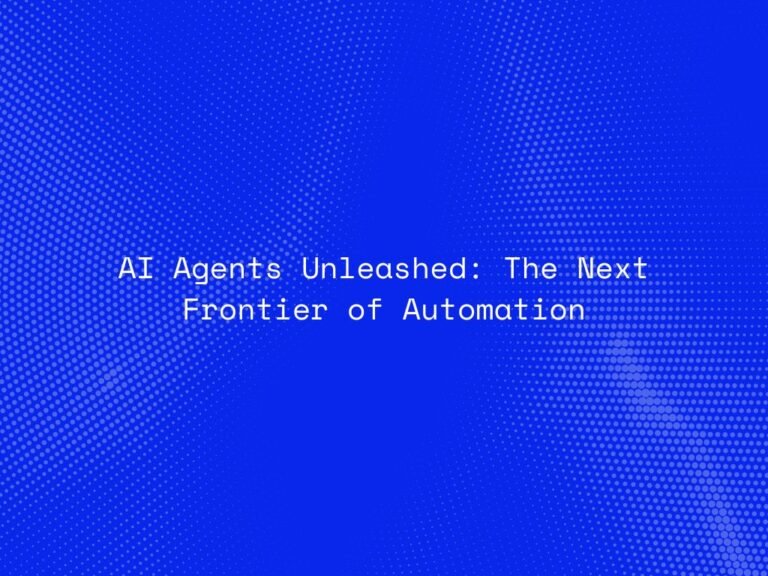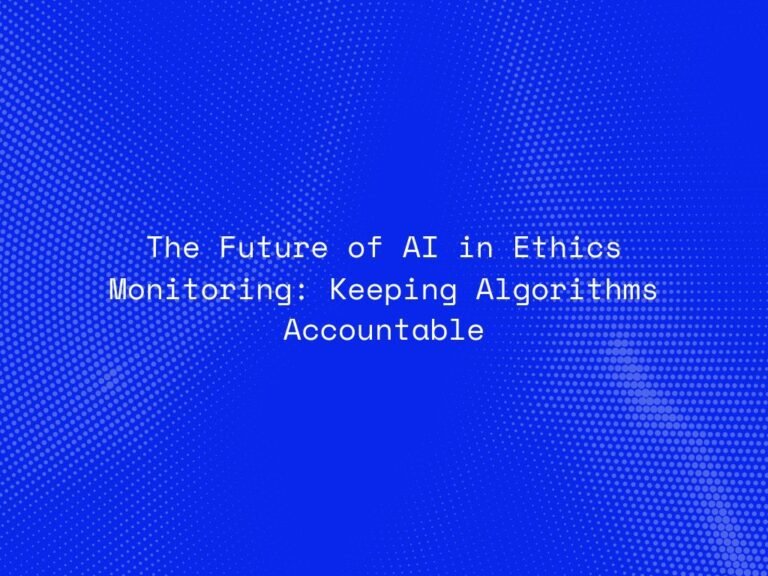The convergence of Web3, blockchain, and artificial intelligence (AI) represents a transformative shift in technology, promising to decentralize intelligence and revolutionize various industries. This integration not only enhances transparency, security, and autonomy but also paves the way for innovative applications that were previously unimaginable. In this blog post, we will explore how these technologies are coming together to shape the future of decentralized intelligence.
Understanding Web3:
Web3 refers to the next generation of the internet, which aims to create a decentralized and user-centric web. Unlike Web2, which is dominated by centralized entities, Web3 leverages blockchain technology to empower users with greater control over their data and digital identities. This shift towards decentralization enhances privacy, security, and trust in online interactions.
The Role of Blockchain in Decentralization:
Blockchain is a decentralized, immutable ledger technology that enables secure and transparent transactions without the need for intermediaries. It provides the foundational infrastructure for Web3 by ensuring data integrity, enabling trustless interactions, and facilitating smart contracts. Smart contracts are self-executing contracts with the terms directly written into code, which execute automatically when predefined conditions are met.
Integrating AI into Decentralized Systems:
Artificial intelligence (AI) brings advanced computational capabilities to decentralized systems, enabling intelligent decision-making and automation. By integrating AI with blockchain and Web3, we can create systems that not only operate autonomously but also learn and adapt over time. This synergy enhances the efficiency, accuracy, and scalability of decentralized applications (dApps).
Key Benefits of Decentralizing Intelligence:
Enhanced Security and Privacy:
- Decentralized systems reduce the risk of single points of failure and cyberattacks. Blockchain’s encryption and consensus mechanisms ensure data integrity and privacy.
Improved Transparency and Trust:
- Blockchain’s immutable ledger provides a transparent and auditable record of transactions. AI algorithms can analyze this data to detect anomalies and ensure compliance.
Greater Autonomy and Control:
- Web3 empowers users with ownership and control over their data and digital assets. AI can automate processes and decision-making, reducing reliance on centralized authorities.
Innovative Business Models:
- Decentralized platforms enable new business models, such as decentralized finance (DeFi), decentralized autonomous organizations (DAOs), and token-based economies.
Connect With Us
Real-World Applications:
Decentralized Finance (DeFi):
- DeFi leverages blockchain and smart contracts to create financial services without intermediaries. AI algorithms can optimize lending, borrowing, and trading strategies.
Supply Chain Management:
- Blockchain ensures transparency and traceability in supply chains, while AI can predict demand, optimize logistics, and detect fraud.
Healthcare:
- Decentralized health records on the blockchain enhance patient privacy and data security. AI can analyze medical data for diagnostics, personalized treatment, and predictive healthcare.
Digital Identity and Authentication:
- Blockchain provides secure and verifiable digital identities. AI can enhance authentication mechanisms and detect identity fraud.
Content Creation and Distribution:
- Decentralized platforms enable creators to retain ownership and monetize their content directly. AI can assist in content generation, recommendation, and audience engagement.
Challenges and Future Directions:
Scalability:
- Decentralized networks often face scalability issues. Ongoing research in blockchain and AI aims to enhance transaction throughput and reduce latency.
Interoperability:
- Ensuring seamless interaction between different blockchain networks and AI systems is crucial for widespread adoption.
Regulation and Compliance:
- Navigating regulatory landscapes and ensuring compliance with global standards remains a challenge for decentralized technologies.
Ethical Considerations:
- The integration of AI and blockchain must address ethical concerns related to privacy, bias, and accountability.
Conclusion:
The convergence of Web3, blockchain, and AI heralds a new era of decentralized intelligence, where security, transparency, and autonomy are paramount. As these technologies continue to evolve, they will unlock unprecedented opportunities for innovation across various industries. Embracing this transformation will empower businesses and individuals to thrive in a decentralized digital economy.




